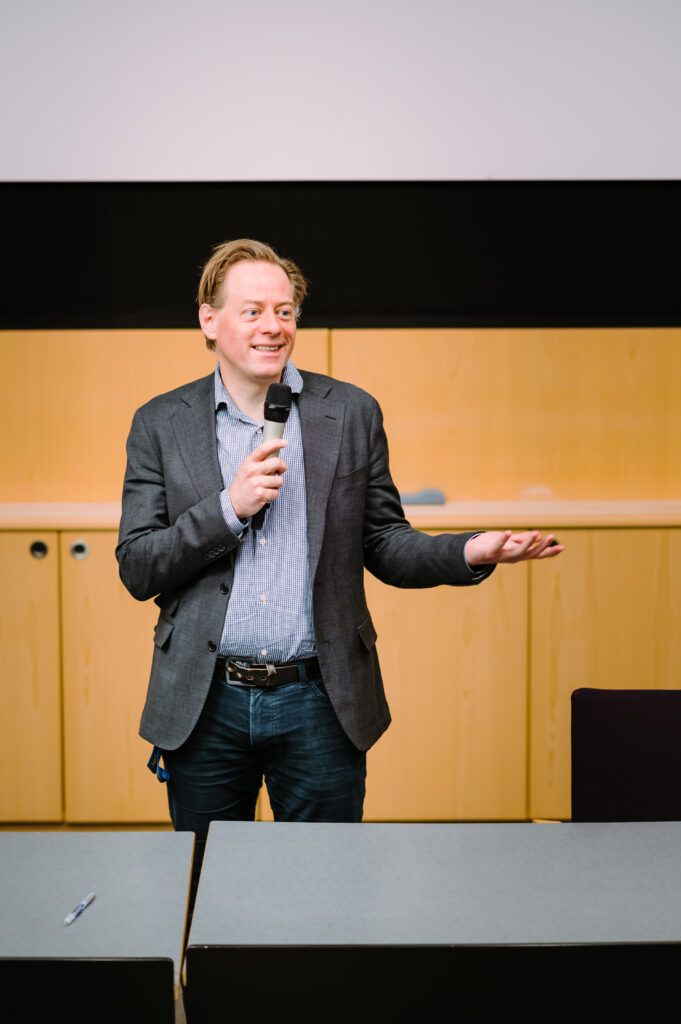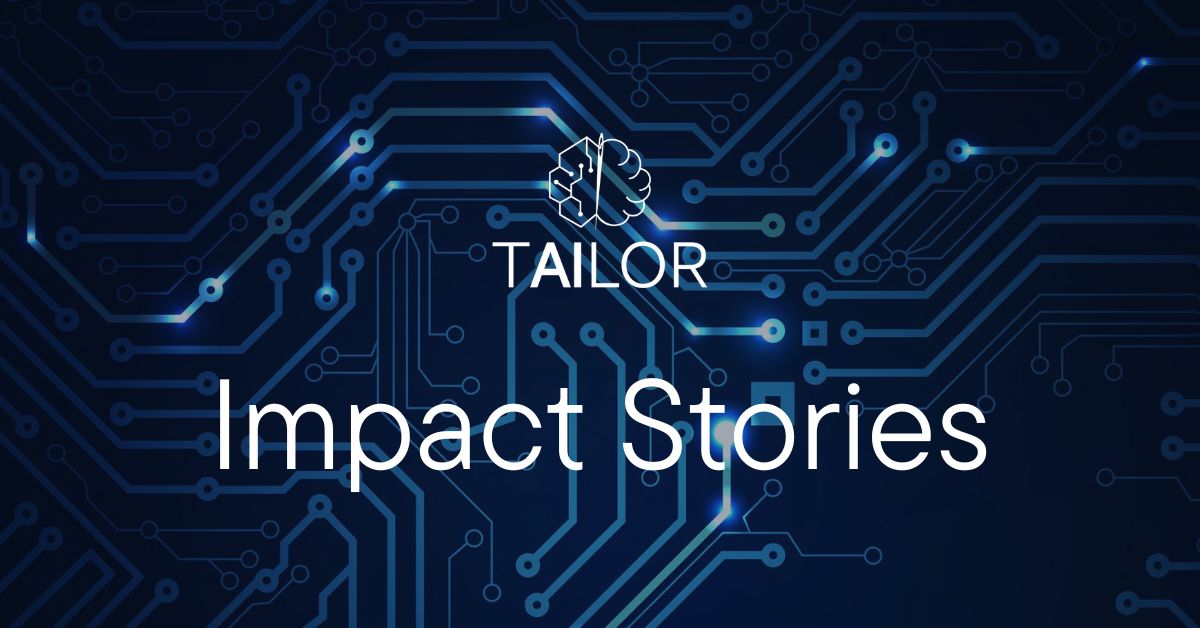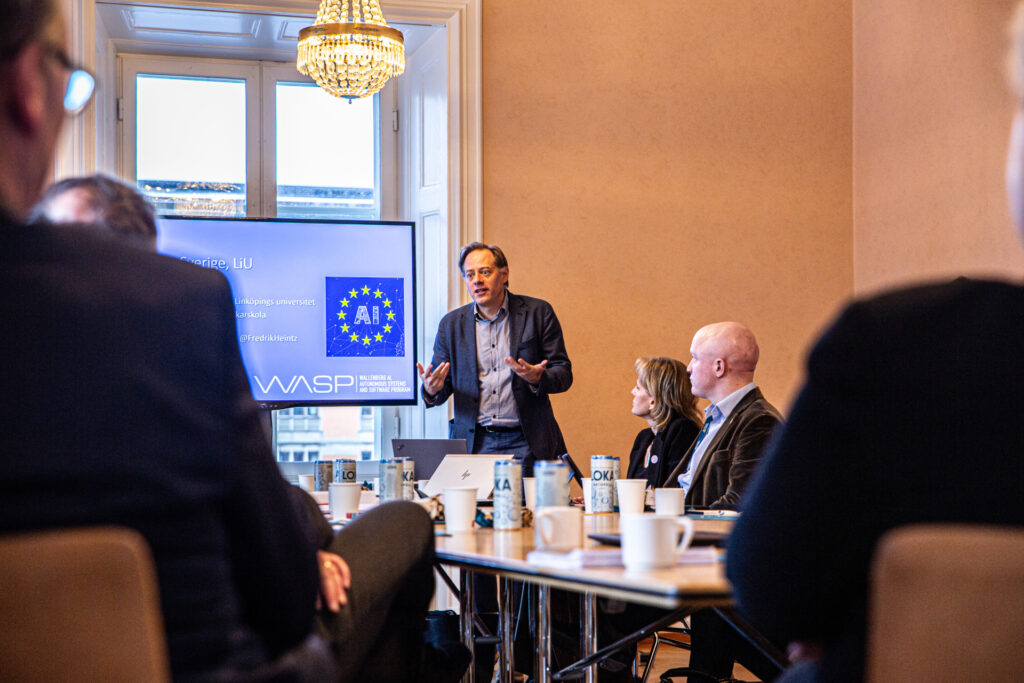At the heart of the TAILOR Network’s mission is the desire to see the recognition of the need for strategic AI investments within the EU, and a policy framework adapted to the needs of European businesses and citizens. Fredrik Heintz, the Coordinator of the TAILOR network, works intensively towards this target.

– The ultimate goal would be that everyone realises that we need to make strategic investments and to develop our own models that share our values, goals, and interests, says Fredrik Heintz, professor at Linköping University and the leader of the network.
Despite his extensive commitments as a researcher and a university teacher, Heintz is devoting a lot of time to activities contributing to public awareness and the broader societal dialogue surrounding AI. Mainly focused on meeting high-level policy makers and industry representatives, this also means making time in his busy schedule for journalists and local politicians.
– It’s not just the tech industry that stands to benefit from AI. The real game-changer lies in AI’s capacity to revolutionise the public sector, making it more efficient, responsive, and human-centric, Heintz explains. It’s crucial that we, as scientists, share not only our concerns and fears but also our vision for a huge societal benefit.
Large parts of the EU public sector are currently facing a serious predicament. Financial constraints, coupled with a significant workforce shortage, pose a severe threat to the availability and quality of public services.
The Swedish Association of Local Authorities and Regions has released a report, that in the future, 95 % of the working population would have to work within the public sector to keep up the current level of service. This highlights the urgency of finding a solution and is one of the major motivations for the policy work done by the TAILOR scientists.
Their idea is that AI can be used to alleviate the pressure on the public sector. By automating administrative tasks and facilitating seamless integration across various government departments, AI can free human workers to engage in the core activities of caring, nursing, and educating.
– The promise of AI is that the people can focus on the social and humane aspects, and AI can do the admin, the diagnosis, the diagnostics and optimise the workflow, says Heintz, sharing a vision of humans and AI working together.
The economic benefits of integrating AI into the public sector are staggering. Heintz refers to a study by DIGG, the Swedish agency for digital government, which projects annual savings of up to 140 billion SEK. The cost savings an aside though, as it’s more about a how public services are delivered, and how workers are deployed in more fulfilling, impactful roles.
The scientists of the TAILOR network are relentlessly calling for governments, policymakers, and technologists to embrace AI as a tool for societal improvement. Large strategic investments and a focus on developing AI that aligns with our common values, goals, and interests is needed to allow a future where AI and humans work side by side.
It’s crucial that we, as scientists, share not only our concerns and fears but also our vision for how AI can have a huge societal benefit .
Fredrik Heintz
About the researchers:
Fredrik Heintz is professor of computer science at Linköping University and Coordinator of the TAILOR project. Fredrik Heintz is also the director of the Wallenberg AI and Transformative Technologies Education Development Program (WASP-ED), the vice-president for AI Research Adra, and a member of the Swedish National AI Commission.

TAILOR Scientist Ana Paiva, Secretary of State for Science in Portugal
Ana Paiva, one of the founding members of the TAILOR network, was appointed Secretary of State for Science in Portugal in April 2024. Her scientific work in TAILOR was focused on investigating how AI agents act and learn in a society.

